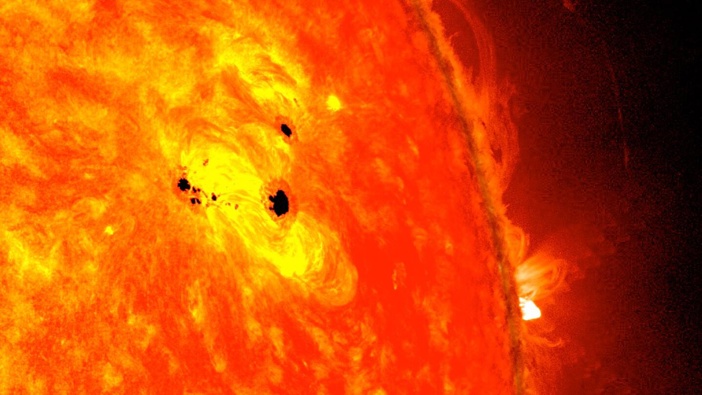Exciting news this week, as a nuclear fusion reactor in South Korea breaks all records by running an experiment at 100 million degrees C for 48 seconds.
Just for context, that’s around 7x hotter than the centre of the sun.
Nuclear fusion is the process of heating and forcing tiny particles particles together under high pressure and high temperature to make a heavier particle - which releases energy. It is the same process by which stars burn and results in the generation of huge amounts of energy without producing greenhouse gases or long-term radioactive waste.
Scientists have been trying to harness this power because - in theory, if the process is done efficiently, the amount of energy released will be way more than the amount of energy put in and voila the world will have a new way of producing renewable energy for the planet and its ever-increasing need for electricity.
The experiment involves the superheating of plasma and trapping it inside a donut-shaped reactor surrounded by powerful magnetic fields.
The plasma cooking part is easy - however containing the super hot result in a way that doesn’t melt the container the experiment is held in is a whole different challenge. Scientists have also not yet been able to carry out the experiment in a way that creates more energy than has been put in, and it is likely to take at least a decade if not decades before nuclear fusion is seen as a feasible way to produce sustainable energy for the planet.
There has been huge interest and investment in nuclear fusion recently, especially as newer technologies like artificial intelligence and blockchain require growing amounts of energy. Sam Altman, head of ChatGPT creator OpenAI has personally invested hundreds of millions of dollars into fusion research - and science always moves faster when investors support them with cash.
The future of fusion may still be a long way off, but that future could potentially be led by Kiwis with Wellington based OpenStar Technologies being one of the companies working to develop a nuclear fusion reactor.
LISTEN ABOVE
Take your Radio, Podcasts and Music with you










